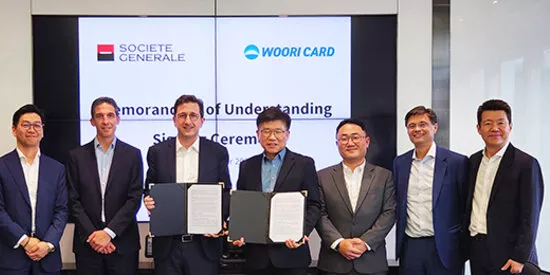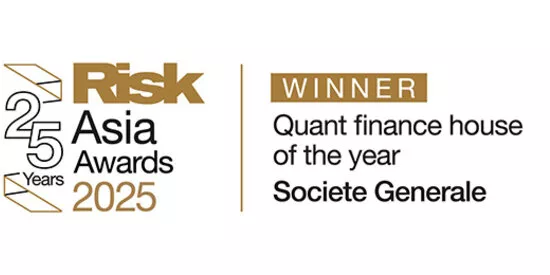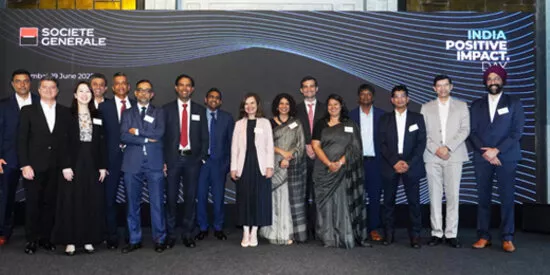
What will future LNG financing look like?
Changes in the LNG sector is shaping the financing of this asset class, moving away from the long-term and large-scale model that was seen in the past.
The LNG sector has gained tremendous significance as natural gas plays a key role in the energy transition, providing an increasingly affordable bridge to the adoption of clean energy solutions.
In Asia, high reliance on coal for power generation coupled with the early phase that renewable energy is in, creates space for LNG to become a substitute for coal over time, as environment and social considerations are becoming increasingly important. The rapid development of renewable energy can also boost demand for LNG because of the need for reliable baseload energy – gas-fired facilities can become a back-up power source in markets in which renewable energy has a significant market share.
Societe Generale has a global, well-established expertise in the LNG sector, having supported key LNG projects all over the world. Our highlight this year is the fifteen-billion-dollar Mozambique LNG financing for which we are acting financial advisor.
We have seen throughout the world, that the dynamic LNG sector is changing, as a result of the following three main forces:
1. Displacement: 2020 was expected (pre-COVID-19) to be a year of significant investment in the LNG liquefaction space, especially in Asia Pacific with projects on the drawing board in Papua New Guinea and Indonesia, as well as in the Americas. However, the focus has now shifted from LNG liquefaction to LNG-to-power, the downstream part of the business. We see new markets opening up for regasification facilities (floating or onshore) coupled with power generation facilities.
2. Demand for LNG is more difficult to predict with the ongoing pandemic and will largely depend on the behaviour of the traditional markets (consisting mostly of Japan, South Korea, China and Taiwan), and the emergence of new demand markets. In the traditional markets, demand for energy has bounced back as these are the countries that have exited lockdowns earlier than others and economic activity and demand for energy has bounced back. New pockets of demand may be created as countries like Vietnam, Indonesia, Bangladesh, etc, embark on their own energy transition journey and seek to develop LNG-to-power infrastructure.
3. Disruption in the financial sector resulting from the worldwide pandemic has created heightened volatility in the financial markets, peaking in Q2 this year but thankfully abating at this point. This has disrupted the market at times, impacting to some extent the availability and the cost of capital for LNG. Capital generally remains available for the asset class, however, as demonstrated by the fifteen-billion-dollar financing for the Total-sponsored Mozambique LNG project, involving 20 banks including Societe Generale.
What will future LNG financing look like?
Like the financing of power assets, the LNG financing model was typically based on long-term, large-scale, take-or-pay contracts with high grade offtakers. Sizeable demand requirements in North Asian markets in particular allowed the industry to anchor large LNG liquefaction projects and raise capital against those long-term commitments. Currently, the outlook for demand is less clear and the new markets that may import LNG in the future are likely to be doing so on a smaller scale and will require an initial infrastructure build-out to accommodate LNG imports. This new market paradigm might be more conducive to developing medium-size LNG liquefaction facilities or expanding existing projects, taking advantage of existing infrastructure already in place to better manage costs.
Small-scale solutions might be particularly relevant for some of the countries in South East Asia, in light of their geographical features. Take Indonesia for example, a country made up of thousands of islands, resulting in a fragmented market that may not be fully served by the power utility. Smaller-scale LNG-to-power solutions could be relevant to ensure electrification of some those areas.
Finally, it is difficult to ignore the growing importance of ESG in this region, which is another key to accessing capital for LNG. There is an increasing number of buyers developing specifications for green (carbon neutral) LNG in their purchasing policies and the financing markets could further shift capital towards those who will embrace such specifications. It is important for the LNG industry to be mindful of those developments, as ESG matters become increasingly influential in shifting capital flows.
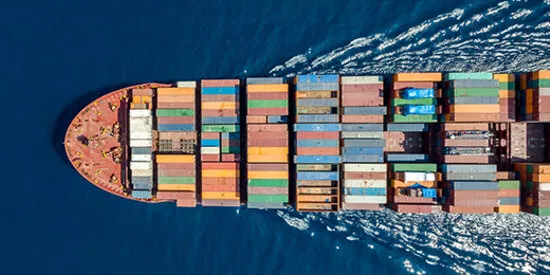
Why ship finance will keep steaming ahead in 2026
By Pierre Carassus, Head of Maritime Industries, Asia-Pacific at Societe Generale.

Societe Generale Appoints Wei Yao as Global Chief Economist
Societe Generale is pleased to announce the appointment of Wei Yao as Global Chief Economist for its Corporate and...

Transition finance is Asia’s opportunity to show leadership
By Tessa Dann, Head of Sustainable Finance, Asia Pacific
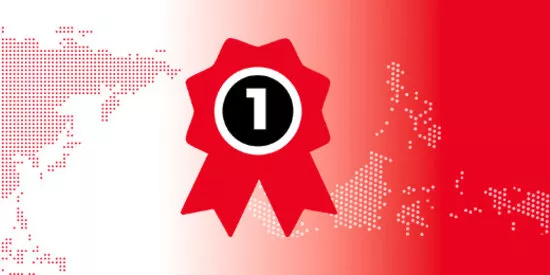
2025 Lookback - A year of purpose and progress in APAC
As the year comes to a close, we want to thank our clients, colleagues, and partners for your trust and collaboration....

